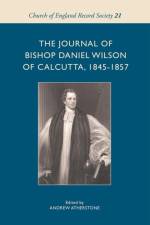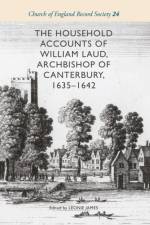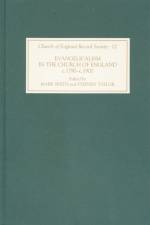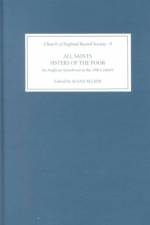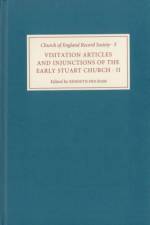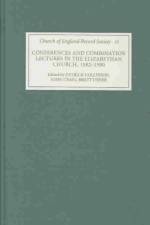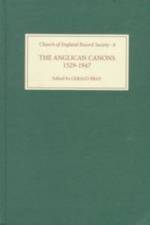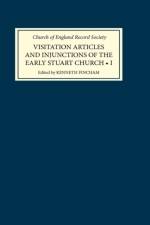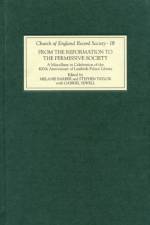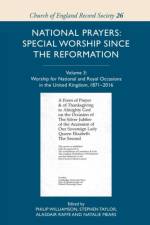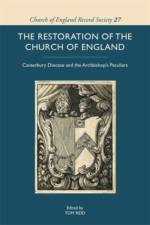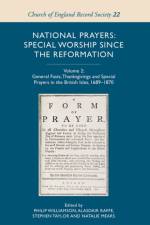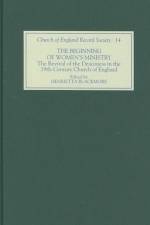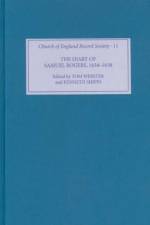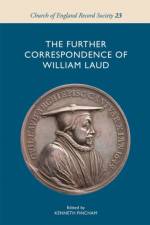av Leonie James
1 107
Contributes to a better understanding not only of ecclesiastical power and politics but of life in an elite household in seventeenth-century BritainThe Lambeth and Croydon Palace accounts for William Laud, Archbishop of Canterbury, represent the only extant record of the archiepiscopal household during his tenure in office. Spanning the period from December 1635 to January 1642, they offer a unique prism through which to view the highs and the lows of Laud's controversial career. They provide a wealth of new insights into his formal role, his private life and his personal habits, while at the same time casting new light on his associations with men and women from across the social hierarchy, including courtiers, privy councillors, merchants, MPs and, of course, the king. Yet the document itself, lost between 1642 and 1912 andnow housed in the National Archives, Kew, has almost entirely escaped the attention of modern scholars. This important manuscript is edited and analysed here in full for the first time. A lengthy introduction provides an overview of the ways in which the document brings to life both the household and its head, demonstrating how the household responded to its immediate social environment and the wider political context; interrogating the gifts and their givers to identify networks of people in social, political and religious terms; and, more generally, teasing out the relationship between material objects and political power. This is followed by a complete text of the manuscript, with contextual footnotes. Thus, the volume contributes to a deeper understanding not only of ecclesiastical power and politics, but of life in an elite household in seventeenth-century Britain. LEONIE JAMESis Lecturer in History at the University of Kent, Canterbury and author of 'This Great Firebrand': William Laud and Scotland, 1617-1645 (Boydell Press, 2017).

